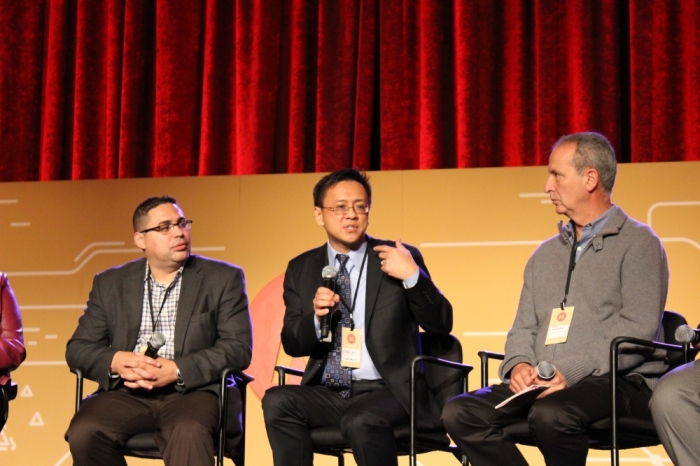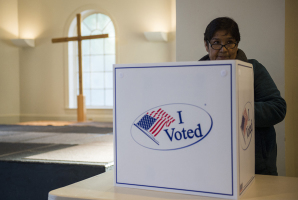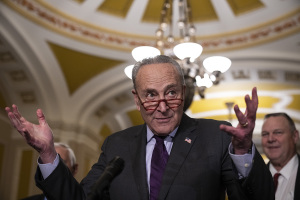Why Racial Reconciliation Is More Than Holding Hands and Singing Kumbaya

Gabriel Salguero, president of the National Latino Evangelical Coalition based in New York City, said racial reconciliation must also be tied to racial justice.
"When you say reconciliation the first thing you admit is that something is broken, right? That's the pretext to reconciliation. Something is broken and we have to fix it, and if we have to fix it certain things have to change. The chant on the street is 'no justice, no peace.'
"Biblical peace is always intrinsically tied to justice, they are inseparable. So reconciliation is not holding hands together and singing Kumbaya. … Reconciliation is where we see each other as equals and there is mutual learning," he said.
Greg Jao, vice president and director of campus engagement at InterVarsity Christian Fellowship/USA in New York City, said there is a need for better understanding of ethnic identity in the conversation on racial reconciliation.
"As a Chinese-American, engagement reconciliation issues, I find that issue is always defined as black and white. It's a purely American way of looking at things. So one thing I think we need for theological reflection is: what's the role of ethnic identity as part of the process to engaging racial reconciliation," he said.
"Do you have a sufficiently deep understanding of Genesis 1 and 2 that God created with diversity and beauty, and that as part of the cultural mandate, people are gonna develop diverse cultures and that this is a God-given gift?" asked Jao.
"Until you can affirm ethnic differences and the beauty of ethnic cultures you're always going to seek reconciliation and seeing people in the lens of assimilation. The lowest common denominator — a melting pot — inevitably silences the voice of the margin. So we should never be color blind. Unless you have a sufficiently robust understanding of systemic sin, you'll never be able to understand the systemic issues of our culture.
"How do we celebrate our differences not just our similarities? How do we not have Jesus as the lowest common denominator but instead [a place] where all of our diversities are fully reflected and celebrated, because Jesus is the only one who is able to bring diverse people together? We don't merely serve a lowest common denominator God, but, in fact, He is the God of not just one tribe but all tribes," he said.
Froswa' Booker-Drew, national community engagement director of World Vision in Dallas, Texas, said promoting sustainable racial reconciliation requires that people listen more and hear the narratives of others from different racial or ethnic groups.




























